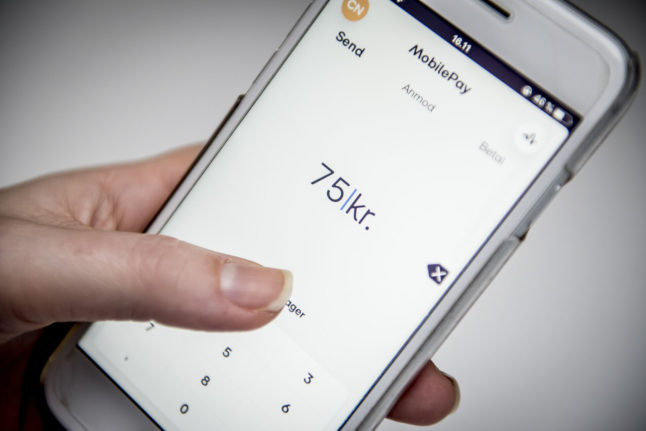From luxury cars to precision machinery, “Made in Germany” still means quality craftsmanship around the world. But the Teutonic attention to detail goes far beyond engineering. This series will feature a diverse array of products from both well-known German brands and less famous firms. But no matter big or small, all of them are focused on being the best at what they do.
Birkenstock, the “transcendent” comfy German footwear known all around the world, turned 235 last year – marking a supportive step for mankind. Since 1774, the Birkenstock family has followed the foot, starting with shoemaker Johann Adam Birkenstock. His grandson, Konrad Birkenstock, ran two shoe stores in Frankfurt when he hit on the idea that would change the shape of footwear for years to come. Konrad noticed that shoe soles were flat – but the feet that fit in them are not. So, in 1897, he designed a special inlay that followed the natural contours of the foot.
His invention was an instant hit. Popular all over Germany, the curvy, supportive Birkenstock shoe inlay made inroads as far away as Austria. During World War I, Konrad Birkenstock worked in an orthopedic clinic, designing shoes for injured soldiers. By 1925, Konrad Birkenstock Jr. built a large factory in Hesse that ran day and night producing the blue inserts that the family business exported, now, all over Europe. The company survived the war period intact, and in 1947, a book detailing the “Birkenstock System” was published.
But global greatness lay ahead: In the 1950s, Carl Birkenstock, grandson of Konrad Birkenstock Sr., took over the company. By 1964, he had come with a brand new innovation. Instead of inlays, Birkenstock made a foot-hugging sandal. By 1966, the Birkenstock shoe was patented in Germany and the United States, and had been spotted by an American, Margot Fraser, suffering from pained feet while on vacation in Germany. She took the shoes back to California, where they quickly became a sign of the times. The flower children embraced the shoes, and they became an icon of the counter-culture generation.
Times changed, but the shoes, at least for the most part, haven’t. They did, however, adapt, on more than one level: In 1990, shortly after the fall of the wall, Birkenstock opened one of the first new factories in the former East German state of Saxony. Today, the Birkenstock company is still in family hands, and is a brand established the world over. It has a number of subsidiary companies, including Papillio, the fashion-forward Tatami, Birki’s for kids, Footprints, Betula, and BIRKO Orthopaedie, which makes inserts.
While the hippie days are over, the company has steadily evolved, coming up with new and more stylish variations on the health-first footwear theme (even supermodel Heidi Klum is a fan). Birkenstock shoes, whose headquarters are in Vettelschoss, a town just south of Bonn, are still made entirely in Germany, in production centers in Saxony, Hesse, and Rhineland-Palatinate.
“Tradition is very important for us,” said spokeswoman Erika Reinhard. “But, in spite of our advanced age, as a company, we feel very young.”



 Please whitelist us to continue reading.
Please whitelist us to continue reading.